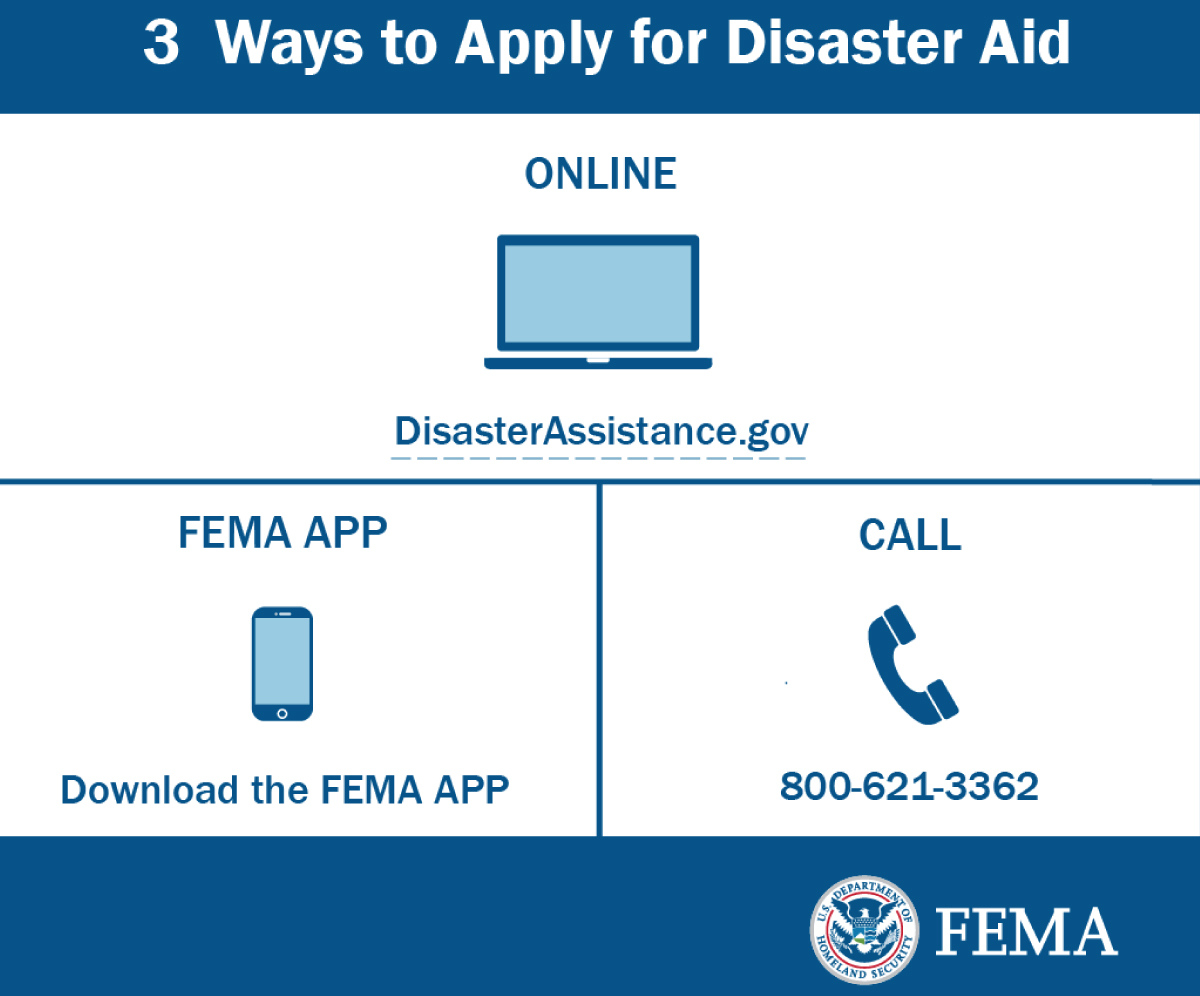How to Prepare Financially for the Unexpected

Planning for unexpected disasters and emergencies
As you may know, September is National Preparedness Month – an annual observation to remind Americans about the importance of planning for unexpected disasters and emergencies, such as storms, fires, power outages, cyber-attacks, and even pandemics, before they happen. Though we often cannot prevent such incidents from occurring, we can take advance steps to avoid long-lasting repercussions.
In addition to National Preparedness Month, it is also Atlantic Hurricane Season, which runs from early June through the end of November. Last week, Hurricane Fiona caused severe damage and loss of life in Puerto Rico, Eastern Canada, Bermuda, and Prince Edward Island. Now, Hurricane Ian is headed toward Florida with forecasters predicting that the storm will intensify quickly. Though neither storm is expected to significantly impact Massachusetts, both serve as a reminder that we must prepare in advance for weather-related emergencies.
In addition to common disaster preparedness tactics – ensuring adequate food and water supply and stocking up on batteries, flashlights, first aid kits and other household items – it is also important to prepare for potential financial impact. Here are ways you can protect yourself in the event disaster leads to a financial emergency:

Ensure access to funds
if you haven’t set up direct deposit through your financial institution, I encourage you to do so. Paper checks may get delayed in transit and if branches are closed due to weather, you won’t be able to make a deposit in-person. If direct deposit isn’t an option, downloading your financial institution’s mobile app where you can often make deposits and conduct many other banking transactions from anywhere. As an additional fail-safe, you should consider having some cash on hand in a weather resistant safe in the unlikely event that ATMs are down and/or branches are closed for an extended period. At Metro, we’re able to assure our members that their money is always safe – we protect all deposits with 100% coverage through National Credit Union Administration (NCUA) AND Massachusetts Credit Union Share Corporation (MSIC) deposit insurance. Many banks and credit unions only offer one insurance provider (NCUA for credit unions and FDIC for banks) which only insures up to $250,000. MSIC, however, adds protection on deposits that exceed the $250,000 threshold offered by the NCUA.

Back up important documents
Before a storm hits, it’s smart to locate physical copies of important financial, legal, and insurance documents, such as policies, birth and marriage certificates, passports, social security cards, deeds, and titles, and convert them into electronic files. It’s also a good idea for insurance purposes to take photos of any valuables. In the event that these items are damaged or destroyed due to flooding, fire, or other natural disasters, you will have easy access to everything you need to file insurance claims or provide proof of hardship to financial institutions. At Metro, we provide our members with free access to Virtual Strongbox, an online safe deposit box to store files containing sensitive personal information within Metro iBanking.





